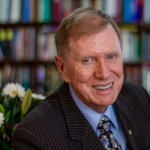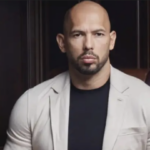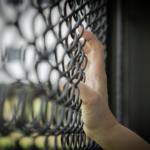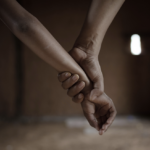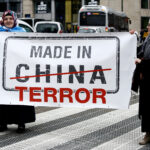The Criminal Offence of Forced Marriage in Australia
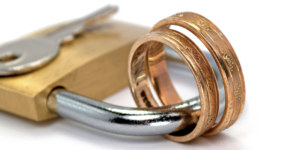
Ruqia Haidari had a hard life as it was — she and her family had to flee the Taliban to relocate to the Afghan Hazara community in Shepparton to begin a new life. In addition to political unrest in her home country and the necessary relocation, she was a victim of a forced marriage that took Australian news outlets by storm.
Haidari had an arranged marriage at just 15 years old, ending in divorce when she was only 20 years old. To restore her reputation in the community and find a marriage filled with love at a later age, her mother coerced her into marrying 25-year-old Mohammad Ali Halimi from Perth.
But the mother’s actions ended in horror. Ali Halimi murdered Haidari when she was 21 years old — still a young adult who had been forced to be a part of two arranged marriages.
Not only was Ali Halimi rightfully accused of murder the same year, but the Australian Federal Police also charged Hydari’s mother with orchestrating the forced union between the two. Haidir’s mother, Sakin Muhammad Jan, was the first person in the country ever to be found guilty of orchestrating a forced marriage.
The court sentenced her to a maximum term of three years in prison, with eligibility for supervised released on parole after 12 months. Jan could also be deported back to her home country of Afghanistan after she has served her sentence.
Much of the public was shocked that a case of arranged marriage occurred in Australia.
But what does the law say?
Commonwealth prohibition on forced marriage
Causing a Person to Enter into a Forced Marriage is an offence under Section 270.7B(1) of the Criminal Code Act 1995 (Cth), which applies across the nation and carries a maximum penalty of 7 years in prison.
The prosecution must prove beyond reasonable doubt that:
- You engaged in conduct, and
- Your conduct caused another to be a victim of forced marriage:
- Entered the marriage without consenting due to coercion, threat, or deception. This also applies if a party cannot understand the nature and effect of the marriage, or
- Is younger than 16 years old.
A ‘marriage’ includes:
- A registered relationship under section 2E of the Acts Interpretation Act 1901,
- A registered relationship under a law of another country that is similar to a ‘relationship’ in section 2E of the Acts Interpretation Act 1901,
- A marriage registered under the law of a foreign country,
- A marriage that is void, invalid or not recognised if a party did not consent to the marriage due to incapacity, or they were already married.
‘Coercion’ uses force, detention, oppression, abuse of power, or force to capitalise on a person’s vulnerability.
‘Threat’ is one of the following:
- Threat coercion,
- Threat to cause deportation or removal from the country, and
- The threat of detrimental action.
New South Wales prohibition on forced marriage
In addition to the Commonwealth law, the state of New South Wales also has a prohibition of forced marriage of a minor.
This law is contained in section 93AC of the Crimes Act 1900 (NSW) and applies where a person organises or coerces a forced marriage of a person under the age of 16 years.
The maximum penalty for the offence is 7 years in prison, or 9 years if the offence occurred in aggravated circumstances.
Those who bring a person to Australia with the sole intent of arranging a forced marriage or coercing the person into an unwanted marriage can face up to 25 years of imprisonment.
However, there is a loophole to forced marriages within the law. Marriages arranged for those who are over the age of 18 years are not against the law.
A child under the age of 16 years does not consent to a marriage if another person uses coercion or deception to facilitate it.
It is also an offence for a person to marry someone who is not of the legal age. This act carries up to 5 years of imprisonment under the Commonwealth Marriage Act of 1961.
And finally, the Marriage Act makes it an offence for a person to solemnise a marriage if they have the right to believe one of the parties is not of legal age. This offence carries upwards of 6 months imprisonment.
Forced marriages in New South Wales
New South Wales certainly has its fair share of forced marriages, estimated at 34% of all such marriages across the nation.
A number of these cases have garnered national media attention, one of which involved a girl from Sydney being taken from Australia to be forced into marriage abroad in 2014.
Making a referral about a potential forced marriage
Those who feel they or another person are being forced into a marriage can refer the situation to any of a number of bodies, including:
- Australian Federal Police,
- State or territory police,
- Family Court and Federal Circuit Court,
- The Legal Aid Commission, and/or
- Specialised support services.
It is hoped Ruqia’s case has shone a light on forced marriages in Australia, and potentially deterred families who might seek to engage in the practise.

